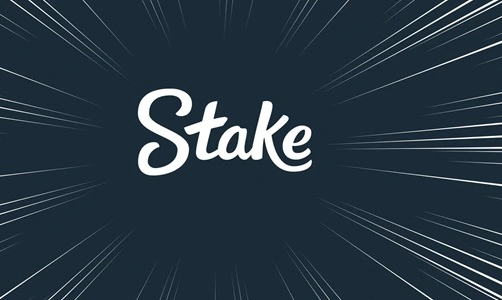The popularity of online gaming and gambling platforms has soared in India, driven by increased internet penetration and smartphone usage. Among the many platforms available globally, Stake has gained attention as a prominent crypto-based gambling site offering games like slots, blackjack, roulette, and sports betting. However, for Indian users, questions about Stake’s safety, legality, and reliability are of paramount importance. This article evaluates whether Stake is safe for Indian users, addressing its operations, legal framework, and user risks.
What is Stake?

Stake is an online platform that allows users to play casino games and engage in sports betting using cryptocurrencies such as Bitcoin, Ethereum, and others. The platform markets itself as a secure and innovative gambling destination, leveraging blockchain technology to ensure transparency in transactions.
Stake operates under a license from Curacao, a jurisdiction known for regulating online gambling platforms. While this license provides some legitimacy, it may not carry the same weight as licenses from more stringent regulators like the UK Gambling Commission or Malta Gaming Authority.
Is Stake Legal in India?
To determine whether Stake is legal in India, it’s crucial to understand the country’s legal framework for online gambling and gaming:
1. Indian Gambling Laws: Gambling in India is regulated by a mix of federal and state laws. The Public Gambling Act, 1867, prohibits gambling in public spaces, but online gambling remains a gray area since the law predates the internet. States like Sikkim, Goa, and Nagaland have specific regulations allowing certain forms of gambling, while others, like Telangana and Andhra Pradesh, explicitly ban online gambling.
2. Crypto-Based Gambling: Stake’s use of cryptocurrencies adds another layer of complexity. Although cryptocurrency transactions are not explicitly illegal in India, the Reserve Bank of India (RBI) has not recognized cryptocurrencies as legal tender, and regulations remain unclear. Using crypto for gambling could invite scrutiny, especially in states with strict anti-gambling laws.
3. International Platforms: Platforms like Stake operate offshore, making enforcement of Indian laws challenging. However, participating in such platforms from within India may still violate local gambling laws in certain states.
Is Stake Safe to Use?
Safety is a major concern for any online gaming platform, especially those dealing with real money. Here’s an evaluation of Stake’s safety features:
1. Security and Transparency: Stake uses blockchain technology for transactions, ensuring transparency and immutability. Cryptocurrencies provide an additional layer of anonymity, which can be appealing to users. The platform also implements standard security measures like SSL encryption.
2. Licensing and Regulation: Stake operates under a Curacao license, which offers some oversight but may not provide the rigorous consumer protections of stricter licensing authorities. Users must be aware that disputes may not be resolved in their favor due to the limited jurisdictional power of such licenses.
3. User Experience and Reviews: Stake has garnered positive reviews for its user-friendly interface, fast payouts, and a wide range of games. However, there are also reports of account freezes and delayed withdrawals, which can raise concerns about reliability.
4. Customer Support: Stake provides 24/7 customer support via live chat and email. While this is a positive aspect, the effectiveness of dispute resolution remains subjective and varies across users.
Risks of Using Stake in India
- Legal Risks: Participating in gambling activities through Stake could potentially violate local laws, depending on your state. Players must be cautious, as ignorance of the law is not a valid defense.
- Financial Risks: Gambling always carries the risk of financial losses, and Stake is no exception. The use of cryptocurrencies, with their volatile nature, amplifies these risks.
- Data Privacy: While Stake claims to implement robust security measures, the lack of stringent regulation in its jurisdiction might not fully protect users’ data and funds in case of a breach.
- Addiction and Behavioral Risks: The ease of access and anonymity provided by Stake can lead to addictive behavior. Users must practice self-discipline and set limits to ensure responsible gaming.
Tips for Indian Users Considering Stake
If you still wish to explore Stake, here are some recommendations to enhance safety:
- Check Local Laws: Research the legality of online gambling in your state to avoid legal repercussions.
- Use Reputable Wallets: Store your cryptocurrency in secure wallets and avoid leaving large sums on the platform.
- Start Small: Begin with minimal deposits to understand the platform and minimize potential losses.
- Set Limits: Establish financial and time limits for gambling to avoid addiction and ensure responsible gaming.
- Verify Customer Support: Test the platform’s customer support system for responsiveness before depositing significant amounts.
Conclusion
Stake offers a modern gambling experience with its crypto-based platform, but its safety for Indian users depends on several factors, including adherence to local laws, personal financial management, and awareness of platform risks. While the platform employs blockchain technology and encryption to enhance security, the lack of stringent regulation and the legal ambiguity in India make it a risky proposition. Indian users must exercise caution, thoroughly research the platform, and comply with their state’s gambling laws to ensure a safe and responsible gaming experience.

